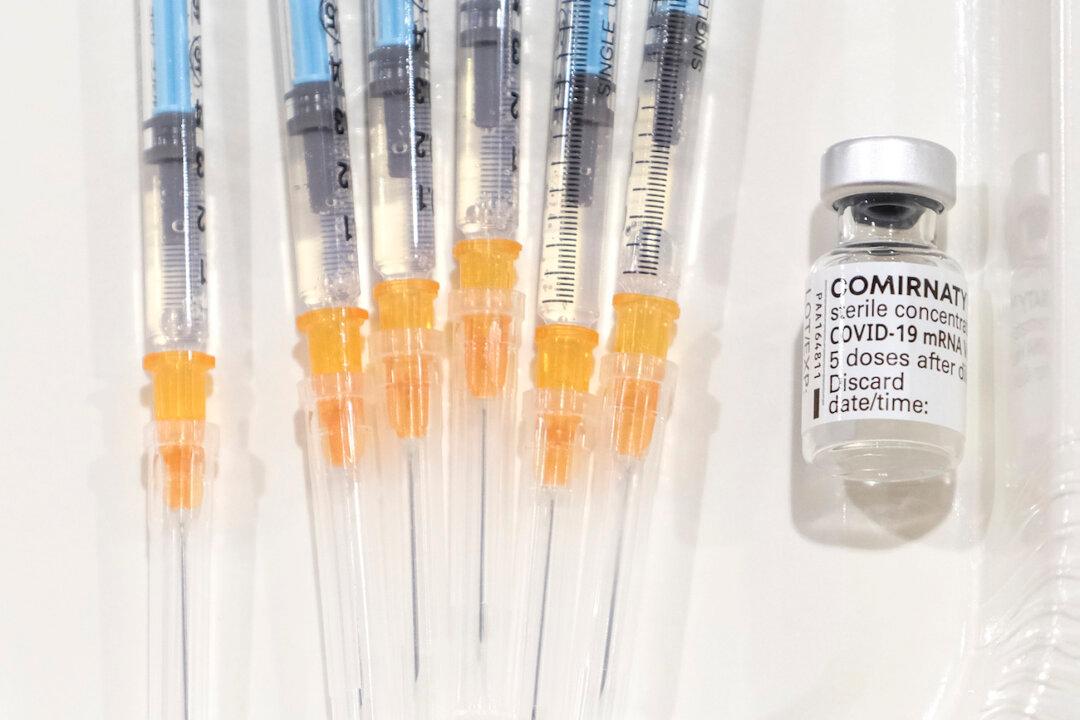While Pfizer and Moderna are pushing for COVID-19 vaccine booster shots, staff at the Food and Drug Administration (FDA) are yet to take a stance, citing a lack of verified data.
In a 23-page document (pdf) published to the agency’s website on Wednesday, FDA staff noted that the expected benefits of booster vaccinations depend entirely on the impact they have on “reducing disease relative to the primary series.”




